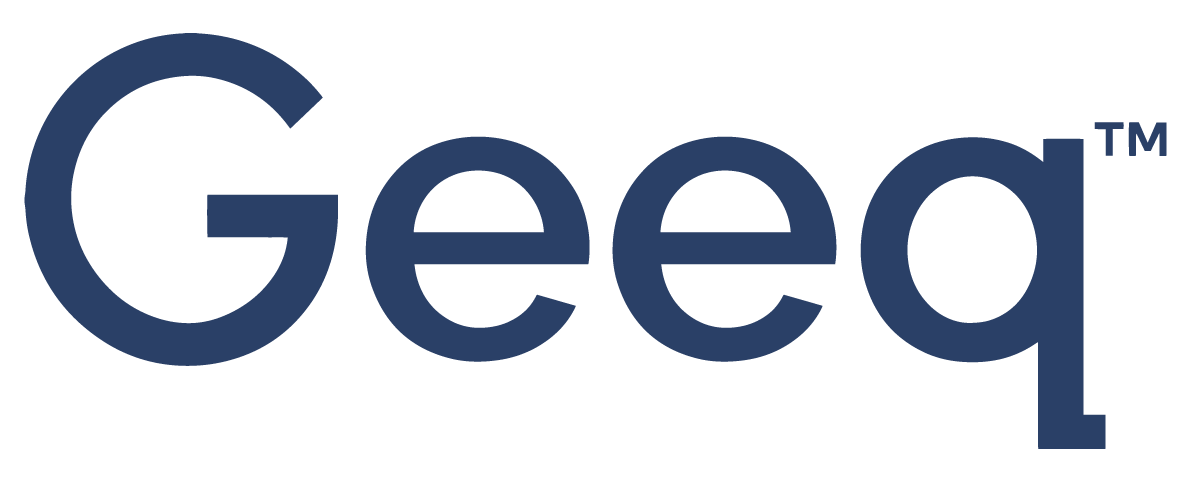
Remittance
What does Remittance mean?
As used in the context of economic development, a payment across national borders from a migrant worker to their family.
Main Idea:
Remittances deliver high benefits when family members receive income from the migrant worker’s earnings. The officially recorded flows of money are in the hundreds of billions of dollars per year. It is estimated the transfers in the informal sector may be as large, making it a source of capital greater than international foreign aid in many developing countries.
The Problem:
From the point of view of the sender and receiver, the major problem with remittances is that the transaction costs are too high. These costs are regressive because the highest costs tend to be borne by the poorest workers and their families. We list some well-known problems below.
- Poor workers are more likely to send remittances of lower dollar value. While institutional banks may provide favorable terms to transfer large sums of money, remittances of one or two hundred dollars are charged transaction fees on average of 7-8% with reports as high as 15-20%.
- Poor workers are more likely to have families in need of receiving frequent remittances.
- Poor workers may have less physical access to trusted financial intermediaries.
- Poor workers may not be able to provide documentation required by trusted financial intermediaries.
- Poor workers may resort to risky or corrupt intermediaries which raise the probability that the payment is not delivered to their families.
- Poor workers’ families may live in countries without stable international relations or payments relationships, or in countries with internally unpredictable institutions or monetary policies, thus increasing the importance of the remittance to their welfare.
The Case for Blockchain:
Remittances may involve aspects of all five economic problems that Geeq’s blockchain addresses.
- The transaction fees are extremely low compared to traditional intermediaries. All else equal, it will be easier to send small transactions frequently.
- Direct transactions from the sender to the intended recipient are secured, allowing them to avoid contact with persons they do not trust.
- Direct transactions through blockchain simplify the usual chain of events in making an international transfer, which potentially involves many persons with incentives that are not aligned with the sender-receiver.
- Both the sender and the receiver can check independently on the transaction, as long as they have access to the internet.
- If accurate records are desired, a properly specified decentralized blockchain will preserve the records of the transactions. Records entrusted with third parties might be altered to the third parties’ benefit.
Barriers to Implementation:
There may be significant institutional and regulatory resistance to implementing blockchain as a means for direct transactions of payments. Nonetheless, when economies are poor and the numbers of displaced persons grows, easing remittances remains a large and compelling problem.
Used in a Sentence:
Remittances are difficult to transact securely because they require the coordination of many parties; decentralized blockchain technology could greatly lower the costs of these transfers of income, upon which families depend and frequently make significant sacrifices to obtain.
Last Updated: February 25, 2023
Read what Geeq has to say about Remittance...
The following articles are written by the Geeq team to share and inform about the industry we are passionate about.
To learn more about events, announcements and learn about other topics visit our news section
Community announcement - Tokenomics Update - January 2024
Why has Geeq taken a no-smart contracts route? To deliver an efficient, reliable, predictable engine to solve these three problems and more.
Here are 5 reasons why Geeq is poised to set the world's standards in decentralized, verifiable blockchain - at Layer 0.
Discover 7 powerful ways Geeq Stacks revolutionize digital assets. Simplify organization, ensure security, and stay in control. From creative collections to seamless transfers, Stacks make it intuitive.
8 Ways Geeq is the Essential Foundation for Blockchains. Here are the reasons Geeq provides the Layer 0 (L0) foundation that blockchains and smart contracts need.
How can the market separate "review bombing" from authentic testimonials? As with any policy, the risk is either going too far or not far enough. Read Geeq's solution.
UPDATE: Now with links to video and Slides! John P. Conley introduced Geeq's Algorithmic Monetary Policy and Stabilized Token to the public at SFBW.
This is the Geeq token allocation and release schedule. Please note: Geeq did not hold an ICO or IDO.
Ask Me Anything on Telegram: TH 1/24/2019, 4 pm EST
Details are available for the official GEEQ contract address.
$GEEQ has partnered with Ferrum Network to offer non-custodial liquidity staking. Watch this space!
Late Friday Update for Geeq Tokens - The Unlocked-round is fully subscribed. The Pre-round is still OPEN.









